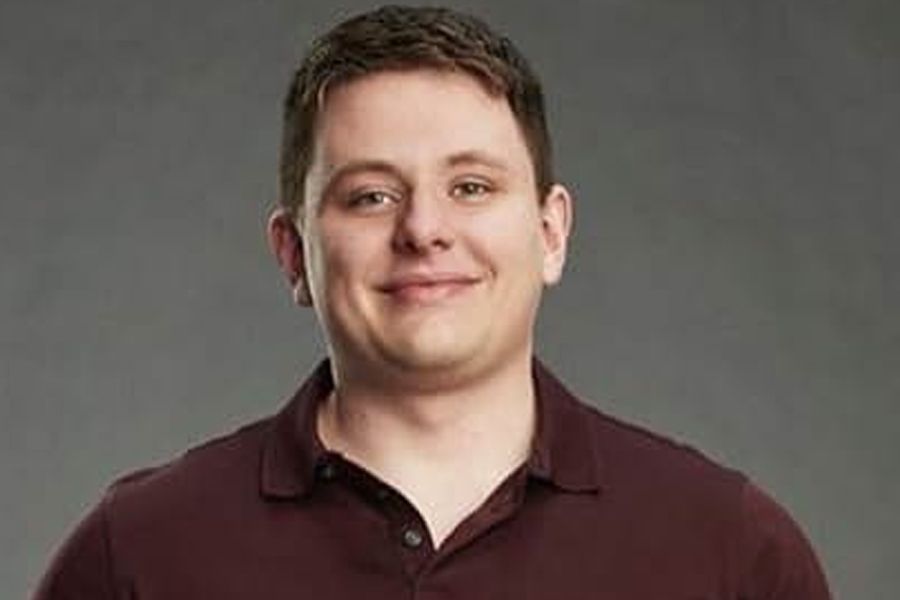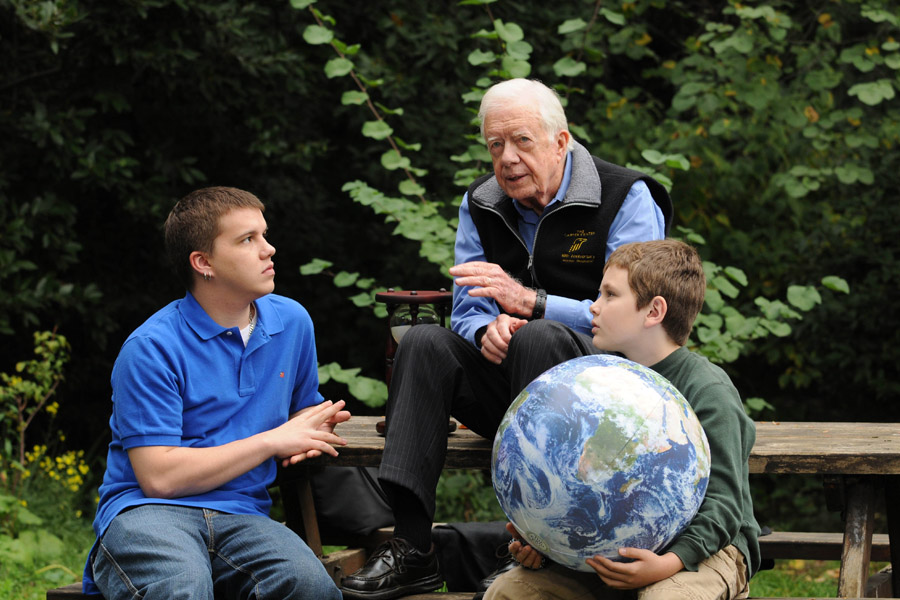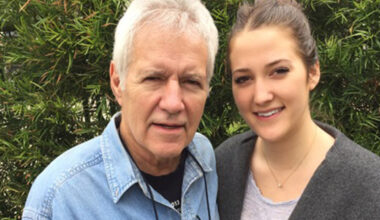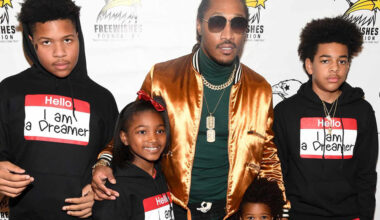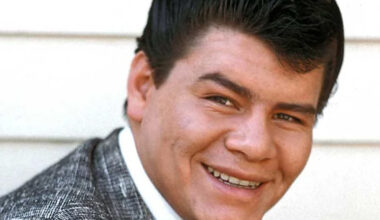Basic Information
| Field | Details |
|---|---|
| Full Name | Hugo James Wentzel |
| Year of Birth | 1999 |
| Also Known As | Hugo Wentzel |
| Known For | Grandson of U.S. President Jimmy Carter and First Lady Rosalynn Carter; member of the Carter family’s youngest generation |
| Parents | Amy Carter and James Wentzel |
| Maternal Grandparents | Jimmy Carter (39th U.S. President) and Rosalynn Carter (First Lady; mental health advocate) |
| Maternal Uncles | Jack Carter, Chip Carter, Jeff Carter |
| Nationality | American |
| Notable Public Appearances | Family commemorations and tributes connected to the Carter Center and state events |
| Residence | Associated with Atlanta, Georgia, through his family |
Early life and family roots
Born in 1999, Hugo James Wentzel arrived into a family already woven into American history. His mother, Amy Carter, grew up in the global spotlight of the White House, then pivoted toward activism, art, and family life. His father, James Wentzel, has kept a low public profile as the family settled away from Washington’s glare. For Hugo, childhood meant proximity to a living chapter of U.S. history—but also a home life carefully buffered by privacy.
The Carter family’s gravitational center has long been service. From the peanut fields of Plains, Georgia, to the Oval Office and then onward to global humanitarian work, his grandparents—President Jimmy Carter and First Lady Rosalynn Carter—put faith in the idea that public life can be a sustained act of compassion. Hugo’s story fits inside that larger pattern: rooted in community, wary of the spotlight, grounded in values that outlast headlines.
The Carter legacy: a living civics lesson
For Hugo, family lore doubles as a civics textbook. Jimmy Carter’s presidency (1977–1981) is only one chapter; the Carters’ post-White House work arguably looms larger. The Carter Center’s decades-long focus on election integrity, disease eradication, and conflict resolution, and the couple’s hands-on partnership with organizations like Habitat for Humanity, provided a real-time tutorial in the mechanics of public good.
Rosalynn Carter’s advocacy on mental health reshaped national conversation and policy. Those efforts resonate across the family tree; to grow up a Carter is to learn early that public service can be both granular and global—listening to a neighbor one day, counseling a head of state the next.
Parents: Amy Carter and James Wentzel
Amy Carter’s life has been a careful balance between visibility and privacy. As a child, she absorbed the rhythms of national life—state dinners, schoolwork under watchful cameras—then refocused as an adult on art, activism, and family. She has been engaged with the Carter Center’s mission and creative projects, including illustration work, while raising her son largely outside the limelight.
Hugo’s father, James Wentzel, likewise favors substance over spotlight. Public profiles of him are sparse by design, framing a household more interested in community than celebrity. Together, Amy and James raised Hugo with a protective calm, a choice that speaks volumes about the family’s priorities.
The wider Carter family at a glance
| Family Member | Relation to Hugo | Notable Roles and Highlights |
|---|---|---|
| Jimmy Carter | Maternal grandfather | 39th U.S. President; humanitarian; co-founder of the Carter Center |
| Rosalynn Carter | Maternal grandmother | First Lady; mental health advocate; humanitarian |
| Amy Carter | Mother | Political activist; artist; associated with the Carter Center’s mission |
| James Wentzel | Father | Private figure; associated with Atlanta and family life |
| Jack, Chip, Jeff Carter | Maternal uncles | Public service, business, and advocacy across decades |
| Carter Cousins (e.g., Jason Carter) | Cousins by lineage | Roles in law, public service, policy, and advocacy |
This multigenerational map is less a family tree than a rivershed feeding into public service. For many Carters, work and values flow together: citizen first, title second.
Growing up near history, living beyond the headline
Children of presidents often inherit the paradox of proximity: near the center of power, yet choosing a life at its edges. Hugo’s public footprint follows that playbook—measured, respectful, and cautious. When he does appear in public settings—family gatherings, tributes, or milestone events—his presence signals continuity more than celebrity, a quiet acknowledgment that history carries forward through people as much as through institutions.
In late 2023 and into 2024, the Carter family’s public moments—tributes, statements, gatherings—were less about individual fame than collective memory. Hugo’s generation helped stitch those moments together, embodying the bridge between legacy and the lives yet to be lived.
Dates and milestones that frame the story
- 1977–1981: Jimmy Carter serves as 39th President of the United States.
- 1982: The Carter Center is founded, cementing a lifelong public-service mission beyond elected office.
- 1996: Amy Carter and James Wentzel marry, choosing a private life in and around Atlanta, Georgia.
- 1999: Birth of Hugo James Wentzel, the next generation of the Carter family.
- 2000s–2010s: Ongoing Carter Center initiatives expand globally; family generations participate in public events and humanitarian work.
- 2020s: The Carter family marks major public milestones and remembrances; younger family members, including Hugo, appear at select events.
What matters: values, vocation, and a life with room to grow
If the Carter family has a signature, it’s the refusal to conflate fame with purpose. That ethos threads through Hugo’s story. Rather than curate a heavily publicized path, he has kept his circle small, an approach that leaves room for study, craft, work, and service—whatever shape those might take.
It is not unusual for Carter family descendants to find their way into public interest fields—law, policy, nonprofit leadership—or creative work that champions voices at the margins. Whether Hugo steps directly into that current or charts a parallel route, the family’s narrative gives him sturdy tools: patience, perspective, and the long-memory sense that meaningful change takes time.
Think of it like seed corn: the Carters plant values with intent, water them with consistency, and wait. The harvest arrives years later, often quietly, sometimes surprisingly, but nearly always in service of someone else.
The family’s ongoing chapter
To watch the Carter family over time is to see a living blueprint of civic life beyond officeholding. They show up at work sites in denim and straw hats; they sit for policy briefings with scientists and election observers; they take calls from doctors fighting neglected diseases; they gather for worship and remembrance. In those rooms, the spotlight fades and the work brightens.
Hugo’s presence in that world reads as both inheritance and choice. In a culture that rewards volume, he models the power of a lower voice—one that listens first, then acts. It’s a fitting tribute to grandparents who embraced the long road, and a promising signal from a generation that will write the next stanza of the Carter story.
FAQ
Who is Hugo James Wentzel?
He is the son of Amy Carter and James Wentzel and the grandson of President Jimmy Carter and First Lady Rosalynn Carter.
How is he related to Jimmy and Rosalynn Carter?
He is their grandson through their daughter, Amy Carter.
When was he born?
He was born in 1999.
Is he a public figure?
He is known through his family but maintains a private life with limited public appearances.
Where is he connected geographically?
He is associated with Atlanta, Georgia, through his family.
Has he appeared at major family events?
Yes, he has appeared with the family at select tributes and commemorations connected to the Carters.
What is known about his career or studies?
Details are kept private; the family generally prioritizes privacy for younger generations.
What values are associated with his family?
Public service, human rights, mental health advocacy, and community-centered work are hallmarks of the Carter legacy.
